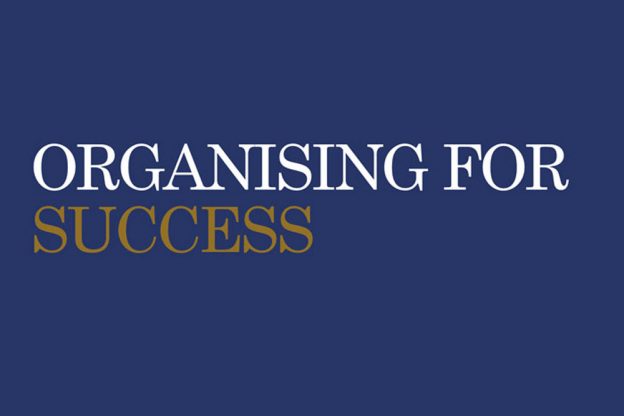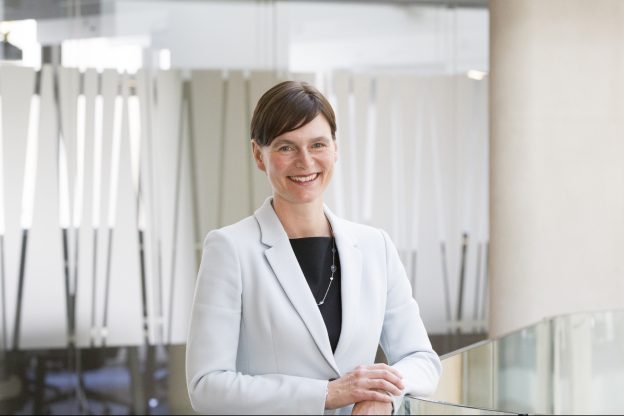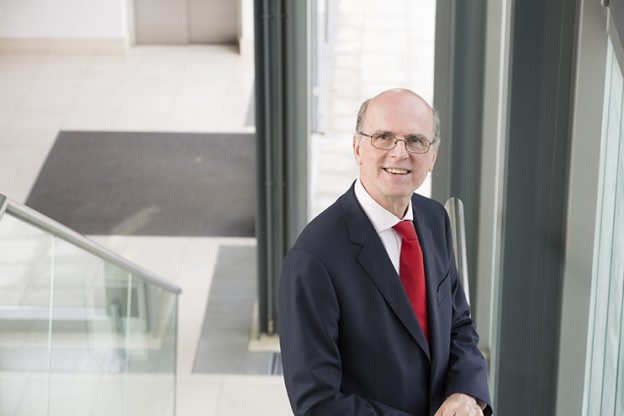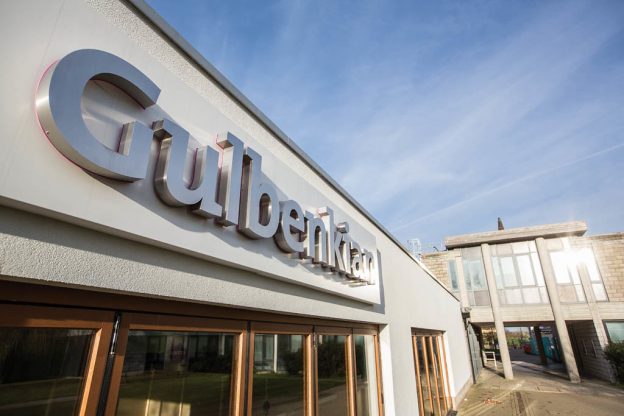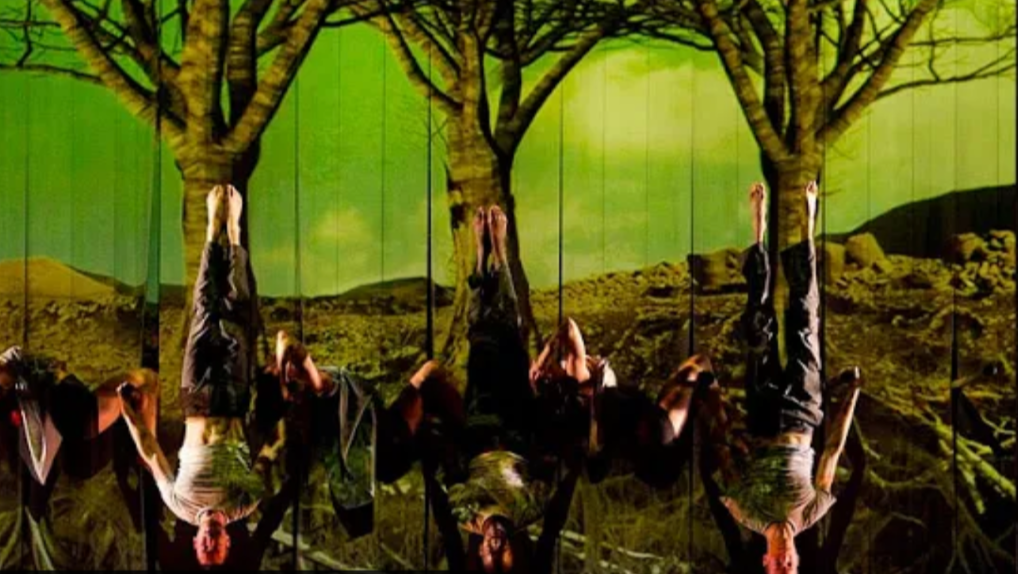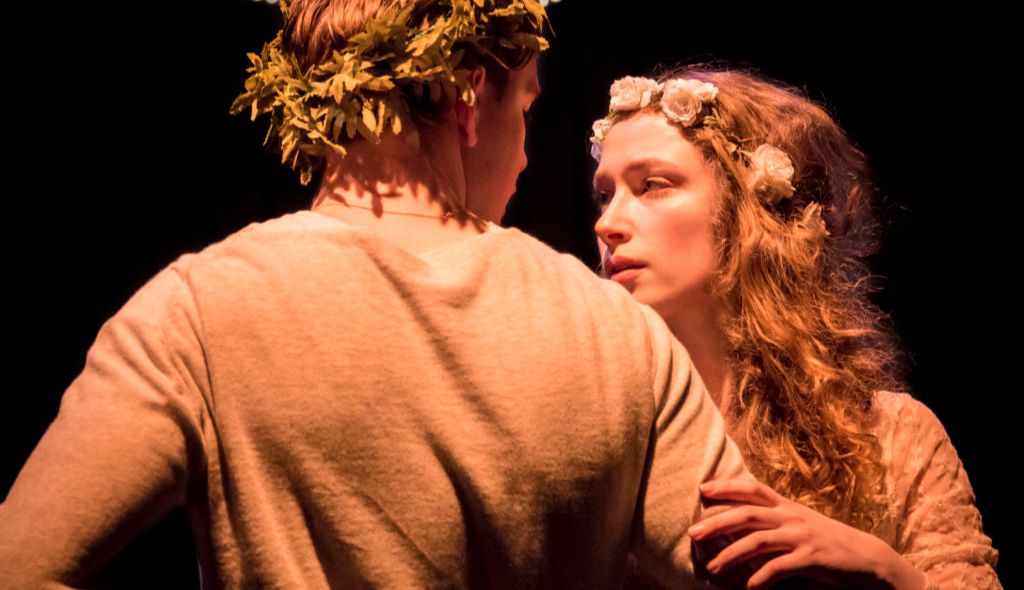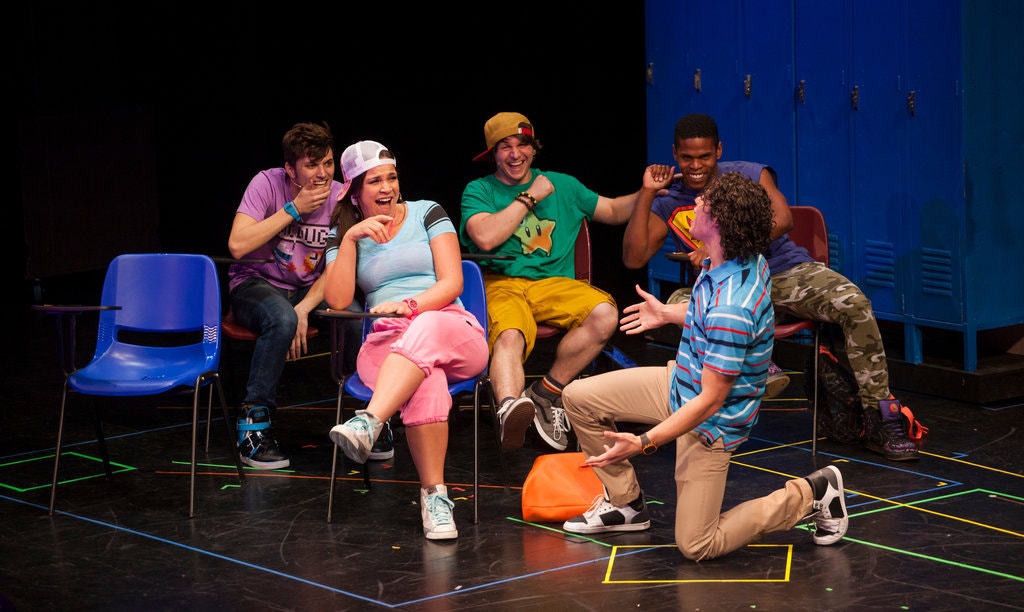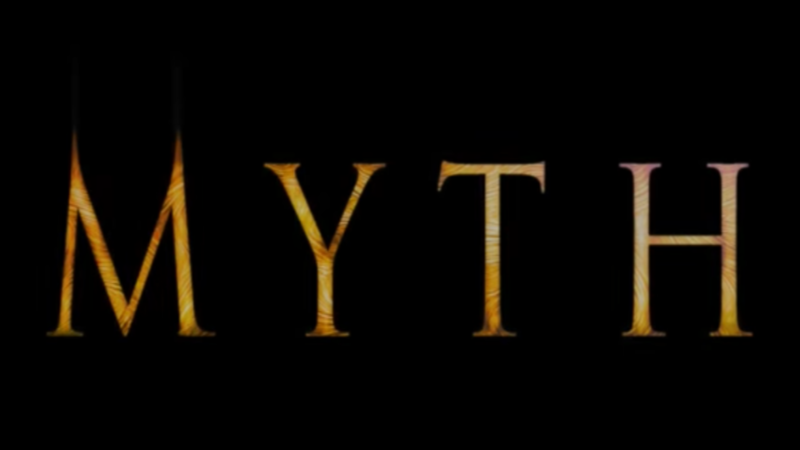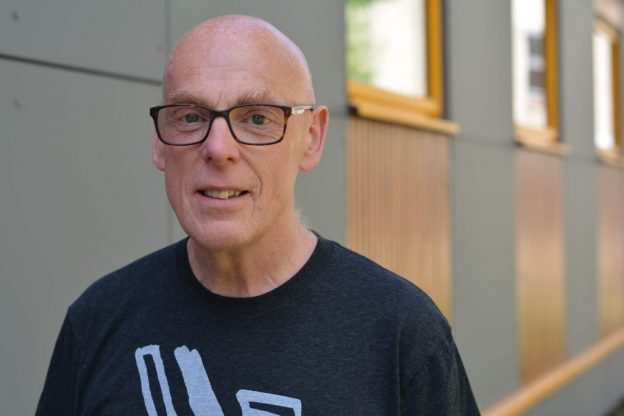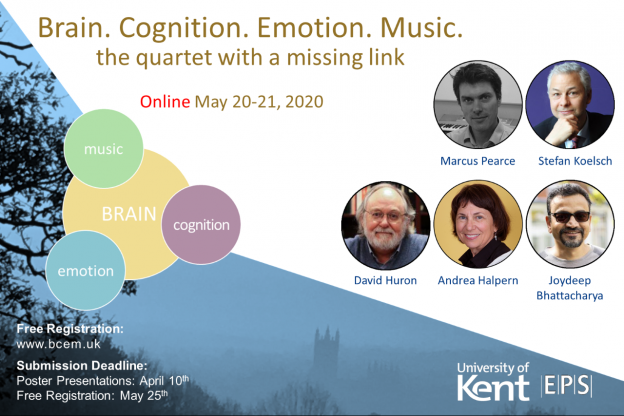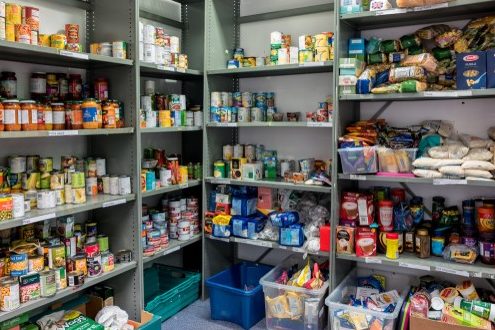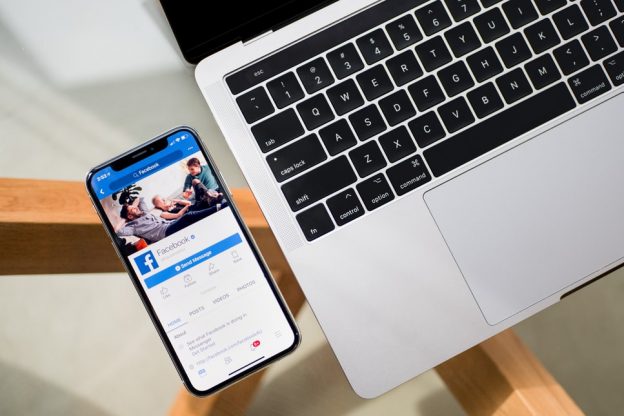Following Tuesday’s email on changes to Organising for Success, we are pleased to confirm all final senior leadership appointments within academic divisions. Kerry Barber will be Director of Operations for the Division of Human and Social Sciences, working with Professor David Wilkinson as Director of Division. Amanda Ollier will be Director of Operations for the updated Division of Arts and Humanities, working with Professor Shane Weller and Professor Simon Kirchin as co-Directors.
This completes all senior leadership appointments within academic divisions, with the full list of divisions and their leadership now on the Organising for Success website.
A number of other areas of the site have also been updated to cover the recent changes, including:
- Project Timeline: With details of the next steps needed to make changes in professional service areas and launch new divisions by no later than 1 November
- FAQs: Including more information on the impact of Covid-19, along with explanation of some of the key stages on the timeline such as the ‘staff mapping’ process
